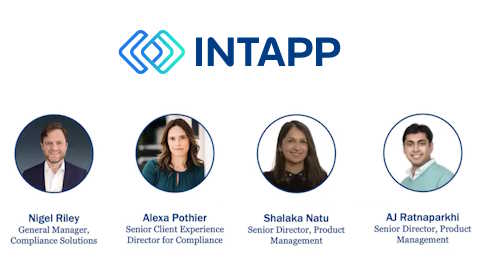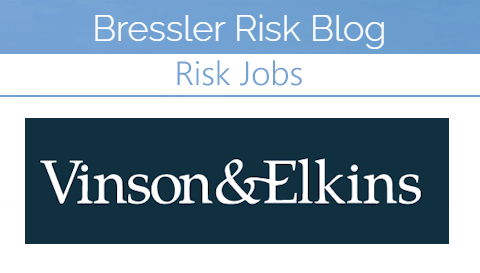BRB Risk Jobs Board — Conflicts Analyst (Quarles)
Posted onI’m always delighted to see repeat participants on the jobs board. This week, I’m pleased to highlight a new open role at Quarles: “Conflicts Analyst” —
- We are seeking a Conflicts Analyst to support our Chicago, Indianapolis, Milwaukee, Naples, Tucson, Madison, Minneapolis, Phoenix, St. Louis, Tampa, or Washington D.C. office.
- This position is also open to remote or hybrid schedules.
Responsibilities:
- Perform corporate research to identify corporate affiliates, principals and nature of business in order to search and identify ethical and business issues in the firm’s conflicts database.
- Create conflict reports that identify and summarize issues relating to new clients, new matters, lateral attorneys, marketing requests and special projects.
- Work closely with Conflicts Counsel and take necessary steps to confirm conflicts of interest are resolved including closing dormant matters and working with relationship lawyers to confirm cures are in place.
- Evaluate and escalate difficult or highly sensitive conflicts and matter opening issues to General Counsel’s Office, senior conflicts personnel and/or Loss Prevention Partners and work with them to address the issues.
- Review and resolve various issues related to opening legal matters, including business conflicts, area of practice issues, billing and client credit issues, pro-bono related questions and internal Firm policies.
- Assist Legal Recruiting by summarizing conflicts and business issues, providing clearance assistance and requesting screens related to the onboarding of lateral attorney hires.
- Maintain current knowledge of trends and developments impacting the conflicts function.
- Possess knowledge of the Model Rules of Professional Responsibility that apply to conflicts of interest.
- Recommend new policies and procedures related to conflicts analysis and clearance, business intake and risk compliance.
Qualifications/Experience:
- Bachelor’s degree or equivalent experience
- Two years prior conflicts of interest experience in a law firm
- Experience with a conflicts database preferred, especially Intapp
- Basic Excel skills
- Ability to work with diverse populations and resolve issues
- Excellent sensitivity, confidentiality and judgment when it comes to difficult issues
- Excellent organizational, interpersonal relations, written and oral communication skills
- Strong customer service attitude
- Work well under pressure, good problem solver
- Ability to work independently required
- Ability to coordinate many issues/projects at once
- Accuracy and strong attention to detail required
See the complete job posting for more details on the job and to apply for this position.
About Quarles
Our team of business professionals — across functions such as finance, human resources, marketing and business development, information technology and office administration — plays a pivotal role in the ongoing success of the firm. Our leadership recognizes this and so do our attorneys. That’s why we’re as committed to your growth as you are to ours. At Quarles, you will be surrounded by colleagues who are focused on the success of the team, who want to see you succeed and who are as persistent and hard-working as you. You will be part of a culture where great people are working to achieve great things, together, and where the contributions of every individual — attorney and business professional — are equally valued.
For more detail, see their careers page.
And if you’re interested in seeing your firm’s listings here, please feel free to reach out…










